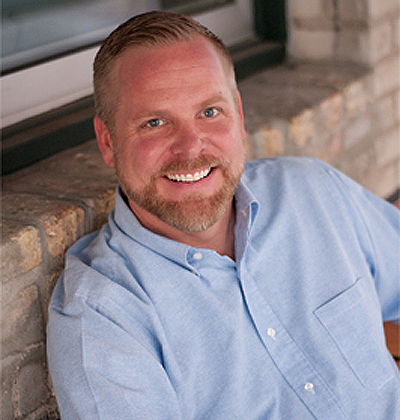A sense of purpose is something we all strive to feel. But how often do we succeed at finding it?
Good question. Sometimes our purpose is clear—sometimes not.
Purpose appears to be circumstantial. For example, we might feel a sense of purpose when we’re contributing to a major project and feeling recognized for our efforts. Or we may feel purposeful when we were given an important responsibility and were able to successfully follow through on it. Purpose is easier to feel when our role is clear.
But how about when we’re unsure of our role, nothing exceptional is happening, or we’re not part of something significant? We may feel lost or unimportant. Are we still purposeful? And how can we feel that sense of purpose then?
We just show up.
Purpose isn’t always based on what we are doing; sometimes, we manifest purpose by who we are being. Sometimes, our purpose is simply our presence. For example, when we offer a listening ear to someone in need, we are serving a purpose—we are being a friend. Purpose doesn’t have to be big to be powerful.
Although it may not be revealed at first, our purpose can be reflected back to us in small windows of recognition—a kind word, gesture, or expression of thanks.
But in order to have that feeling of purpose reflected back to us, we need to show up—and not just for others, but for ourselves as well. When we are able to love and support ourselves in healthy and balanced ways, others will benefit as well.
Want to feel a stronger sense of purpose on a regular basis? Here are some tips for how to support others and ourselves.
Show Up For Others:
Truly Listen. Many times, we think we’re listening when we’re actually preparing our reply and missing out on what the other person is saying. In other words, we’re thinking, not listening. Learning how to truly listen is to momentarily suspend our thoughts and authentically pay attention to what others are saying. This includes practicing empathic listening.
Be Present. Learning to be truly present and in the moment isn’t as easy as it sounds, but with practice, we can be authentically present for others and be reflectors back to them. Being present includes eliminating distractions and focusing on truly listening. This powerful gift of presence activates our natural senses of connection and compassion. There is power in being present.
Be Respectful. Showing up for others demonstrates respect. We claim that all relationships are a two-way street, and we are playing our part in the equation. Being respectful is a critical component to effective communication and the cornerstone of all healthy relationships. Showing respect for others is rooted in having respect for ourselves, so demonstrating respect is always win-win.
Show Up For Ourselves:
Lighten Up. Life is already so serious, so learn to lighten up and enjoy it. Many times, we are looking for meaning and purpose when it’s already right in front of us—in the moment. Learning to lighten up and appreciate the people and experiences in our present moment can create feelings of happiness and well-being in nearly any situation.
Avoid Self-Shaming. Part of showing up for ourselves is accepting ourselves and forgiving the past. There’s never a good reason to play the “blame shame game” or beat ourselves up for past mistakes. We are always evolving and so is our purpose, so the faster we can move into acceptance and forgiveness, the faster we can support ourselves and others unconditionally.
Be Yourself. We can only be the individuals we were born to be, and our diverse personalities are part of our unique purpose. Often we don’t have any idea of the impact we have on others, but our perspective can be profound—even life changing. It’s important to honor our individual health and well-being. This includes getting back on track when we’ve lost our way.
Michael Thomas Sunnarborg helps people find clarity and balance in all areas of life. Learn more at michaelcreative.com
Ready for additional tips on how to start living your life on purpose? Find more of Michael’s stories, insights, and life lessons in Bald Men Don’t Use Hairspray and Other Assumptions, or another one of Michael’s books at michaelcreative.com/books
Image: Pixabay.com
Originally published at michaelcreative.com


